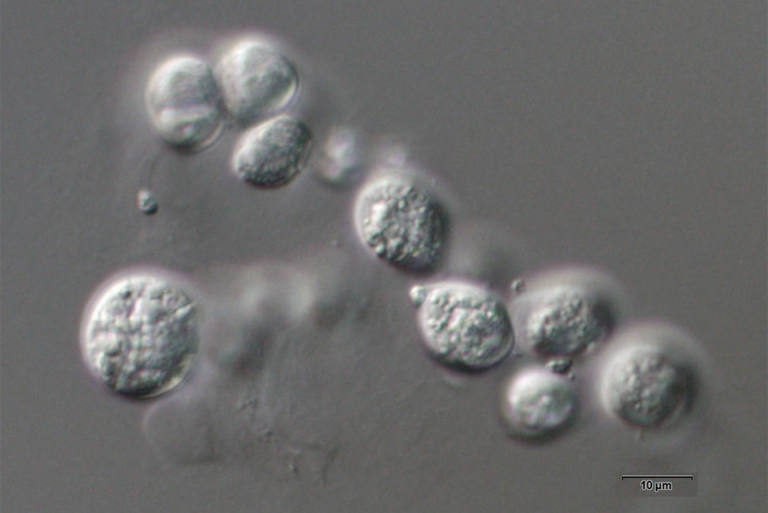
Health & Welfare
Evaluating the effect of protists in diets for Pacific white shrimp
Cumulative mortality results showed that shrimp fed protists (containing Aurantiochytrium sp. meal) had higher survival when challenged with WSSV.
Health & Welfare
An experimental basis for independent breeding of Pacific white shrimp varieties with high WSSV resistance and fast growth.

Health & Welfare
Cumulative mortality results showed that shrimp fed protists (containing Aurantiochytrium sp. meal) had higher survival when challenged with WSSV.

Health & Welfare
An individual infection model identified characteristics of an epidemic and investigated the role of environmental components in its transmission.
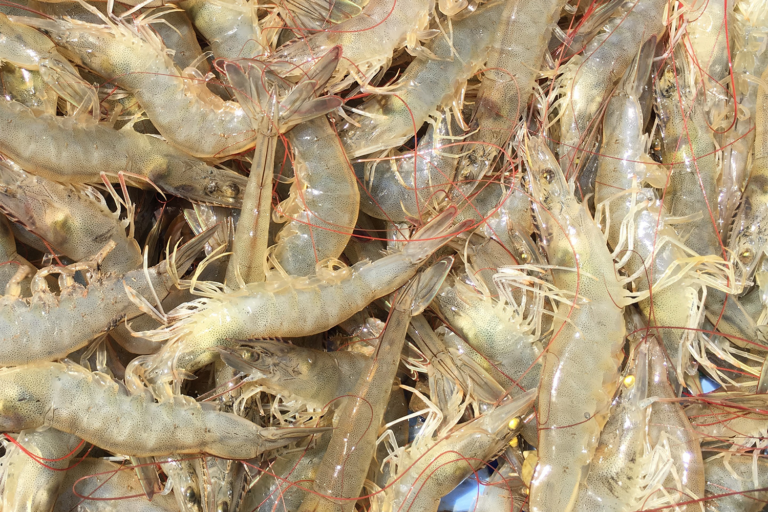
Innovation & Investment
With USDA research funding, Sherlock Biosciences and the Gloucester Marine Genomics Institute will commercialize diagnostic tests for shrimp diseases.
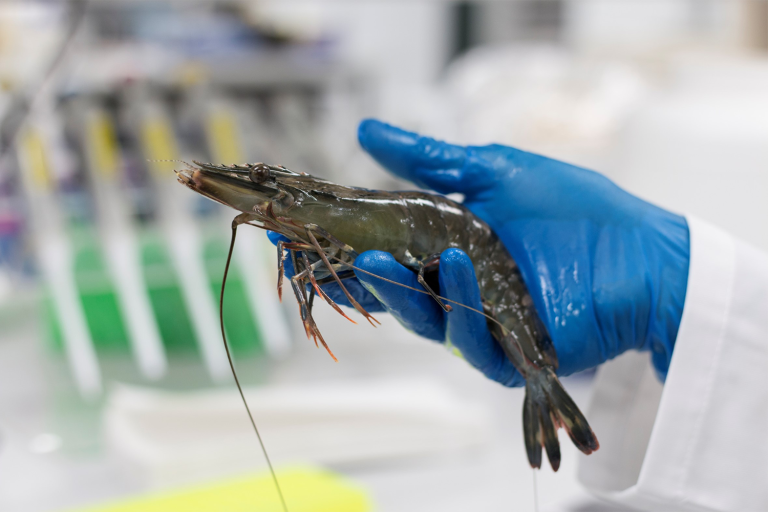
Health & Welfare
Early detection of major shrimp pathogens – through novel technologies like Genics Shrimp Multipath – is key for WSSV control and prevention.
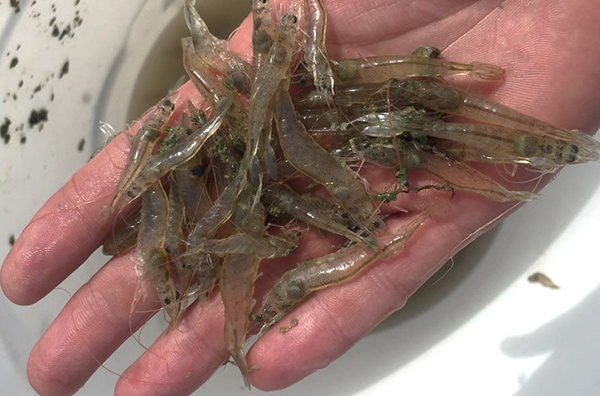
Health & Welfare
A model for waterborne transmission of WSSV in shrimp explains virus dynamics, interactions during outbreaks and the spread of White Spot Disease.
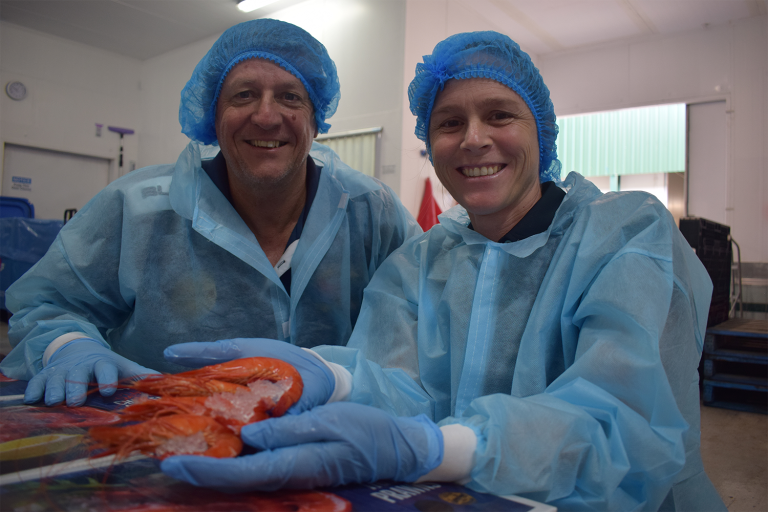
Health & Welfare
Successfully producing black tiger shrimp in the presence of White Spot Syndrome Virus shows the drive and toughness of shrimp producers Down Under.
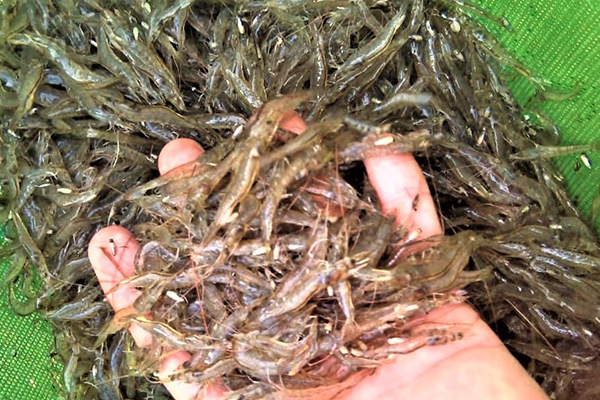
Health & Welfare
A safe, effective and field-applicable RNA nanovaccine can be realistically designed against infectious diseases affecting aquaculture.
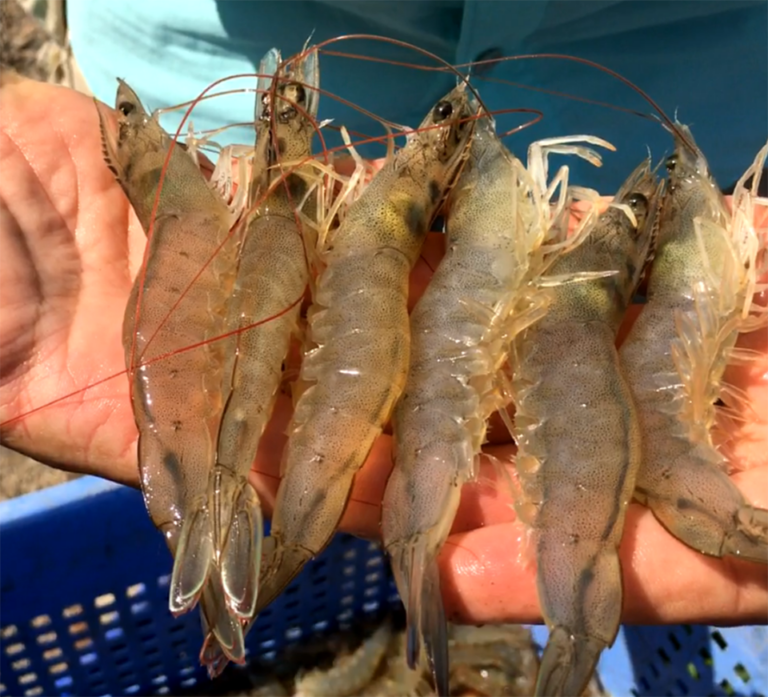
Health & Welfare
Genomic selection techniques show significant potential for enhancing the species’ resistance to White Spot Syndrome Virus (WSSV) infection.
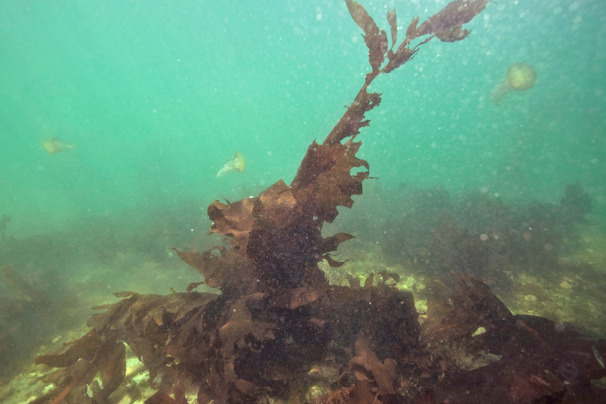
Aquafeeds
Evaluating macroalgae inclusions in L. vannamei diets show improved growth and intestinal microbiota and prevention of oxidative damage.
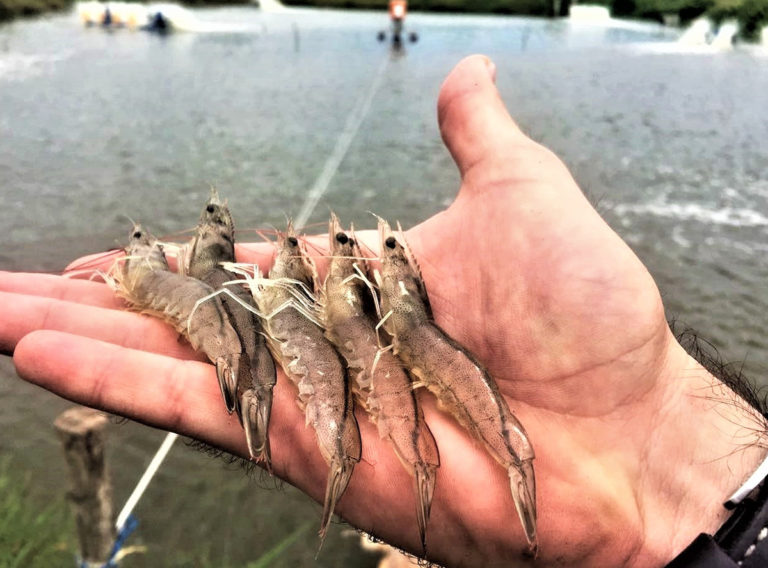
Health & Welfare
Study examines the impact of environmental stressors like dissolved oxygen, nitrogenous compounds and pH on shrimp contracting White Spot Disease.
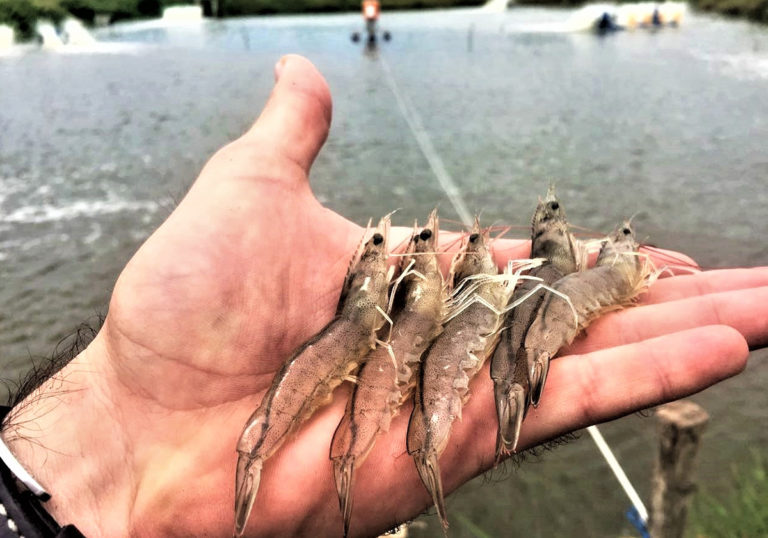
Health & Welfare
Study stresses the importance of understanding the impact of environmental stressors on farmed shrimp contracting White Spot Disease.
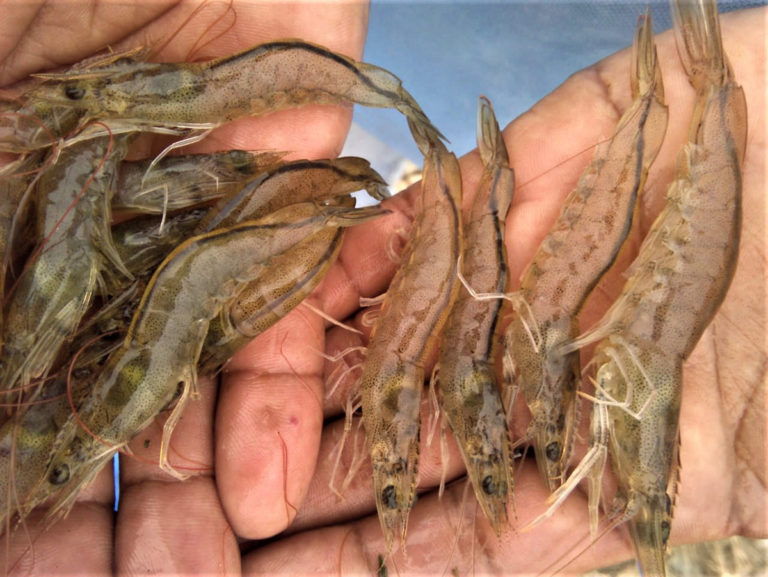
Health & Welfare
Conditions causing frequent urination in shrimp – like sudden salinity drops combined with high virus load – can make nephrocomplex a portal for pathogens.
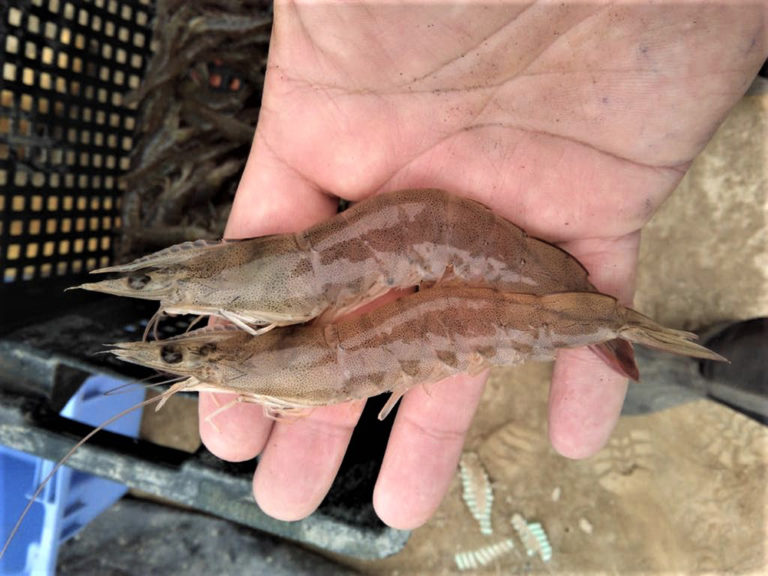
Health & Welfare
Authors demonstrate the detection of White Spot Syndrome Virus – a serious pathogen of cultured shrimp – by a nanofabricated sensing disposable electrode.
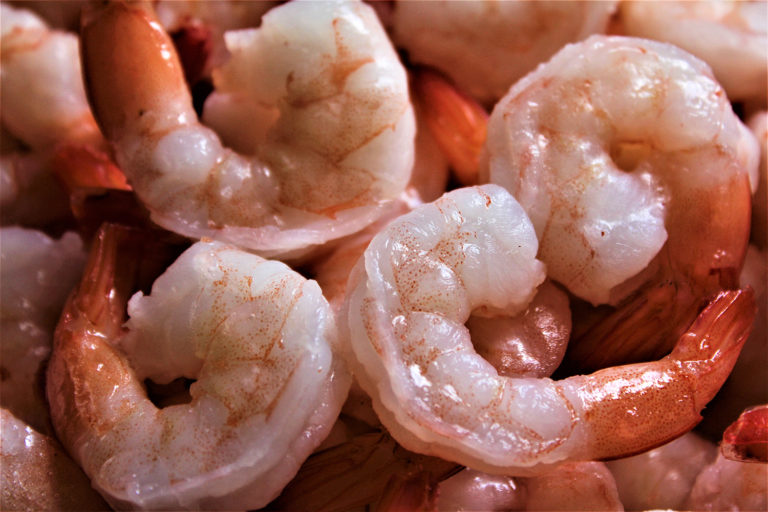
Health & Welfare
Exported cooked shrimp infected with White Spot Syndrome Virus (WSSV) and tested positive by PCR is considered a risk factor for the introduction of the pathogen.
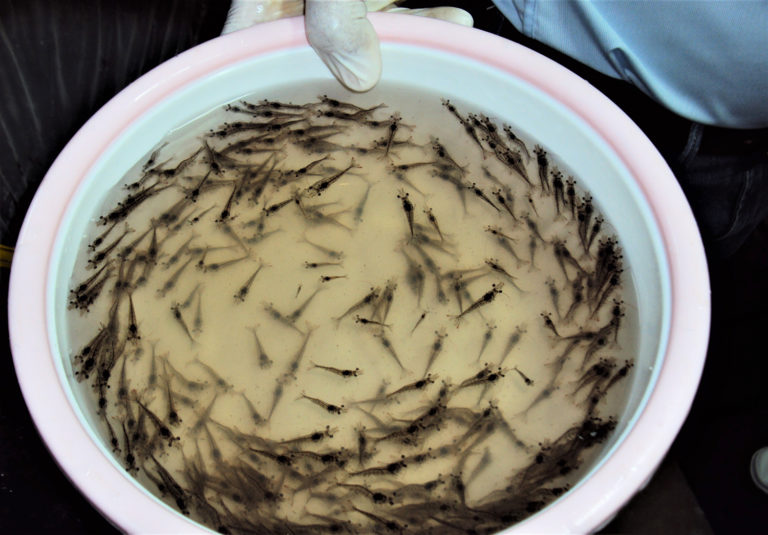
Health & Welfare
In this study, co-infection of white spot syndrome virus and AHPND-Vibrio parahaemolyticus was studied in juvenile vannamei shrimp under laboratory conditions.